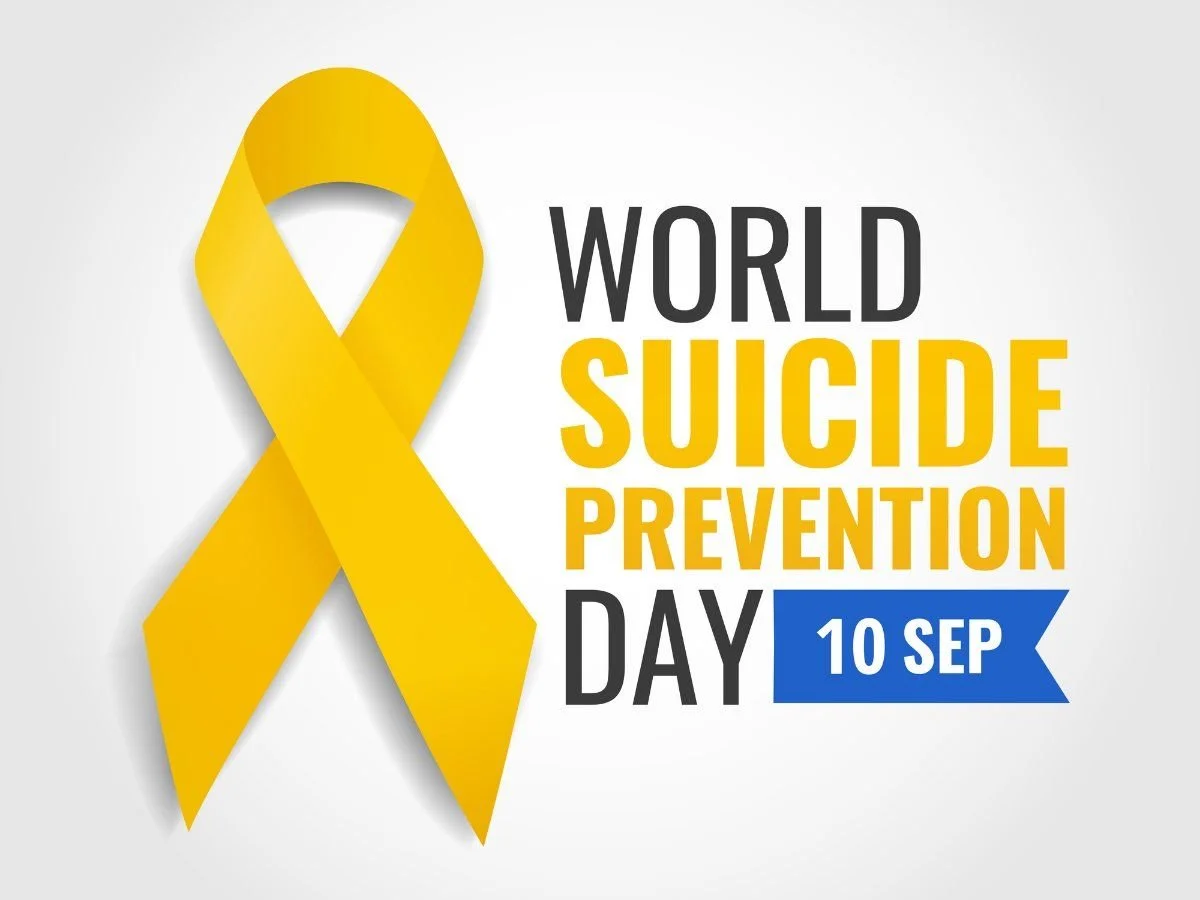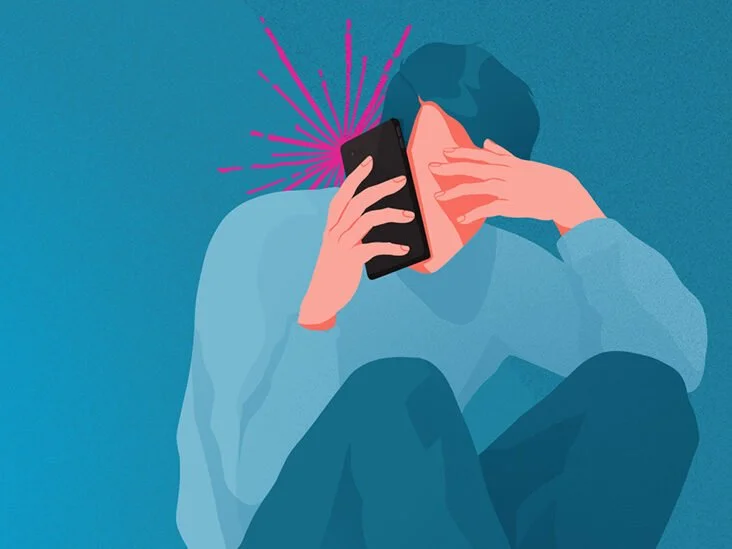Mental Health Directory
In my practice as a GP I see so many physical health issues triggered and exacerbated by stress and mental ill health. On the Vitalis website we have drawn up a list of recommended supports for mental health problems. This includes counselling services, emergency phone lines as well as targeted support for specific issues such as gambling, eating disorders or alcoholism.
Every year, organisations and communities around the world come together to raise awareness of how we can create a world where fewer people die by suicide. The following information is taken from the Smaritans website.
If you’re worried someone is suicidal, it’s okay to ask them directly. Research shows that this helps - because it gives them permission to tell you how they feel, and shows that they are not a burden.
Signs that someone may not be OK
Many people struggle to cope at one point or another of their lives. Reaching out to someone could help them know that someone cares, that they are valued, and help them access the support they need.
Everyone copes and reacts in their own way, but here are some general signs to look out for. For some people, several of these signs might apply - for others just one or two, or none.
Signs to look out for
Feeling restless and agitated
Feeling angry and aggressive
Feeling tearful
Being tired or lacking in energy
Not wanting to talk to or be with people
Not wanting to do things they usually enjoy
Using alcohol or drugs to cope with feelings
Finding it hard to cope with everyday things
Not replying to messages or being distant
Talking about feeling hopeless, helpless or worthless
Talking about feeling trapped by life circumstances they can’t see a way out of, or feeling unable to escape their thoughts
A change in routine, such as sleeping or eating more or less than normal
Engaging in risk-taking behaviour, like gambling or violence
You might not always be able to spot these signs. These emotions may be more difficult to spot if you're seeing less of the people you're close to.
It can also be useful to identify circumstances that can trigger suicidal thoughts or make it hard for someone to cope.
Situations to look out for
loss, including loss of a friend or a family member through bereavement
suicide or attempted suicide of family member, friend or public figure
relationship and family problems
housing problems
financial worries
job-related stress
college or study-related pressures
bullying, abuse or neglect
loneliness and isolation
challenging current events
depression
painful and/or disabling physical illness
heavy use of or dependency on alcohol or other drugs
Again, these may not apply to everyone who is struggling, but they can be useful to look out for.
How to start a conversation with someone
Just being there to listen and showing you care can help. Here are some tips on how to open up a conversation with someone you’re worried about:
Choose a good time, and somewhere without distractions
Use open questions that need more than a yes/no answer
‘How are things, I’ve noticed you don’t seem quite yourself?’
Listen well. ‘How’s that making you feel?’
Avoid giving your view of what’s wrong, or what they should do
It's normal to feel anxious about asking someone if they’re suicidal, but it could save someone's life. Try and avoid saying things like ‘you’re not thinking of doing something stupid are you?’. Being patient and showing you care builds trust and helps someone to open up.
You could ask:
Have you thought about ending your life?
Are you saying that you want to die?
Are you thinking of ending your life because you want to be dead, or is it because you want the situation you're in or the way you feel to stop?





